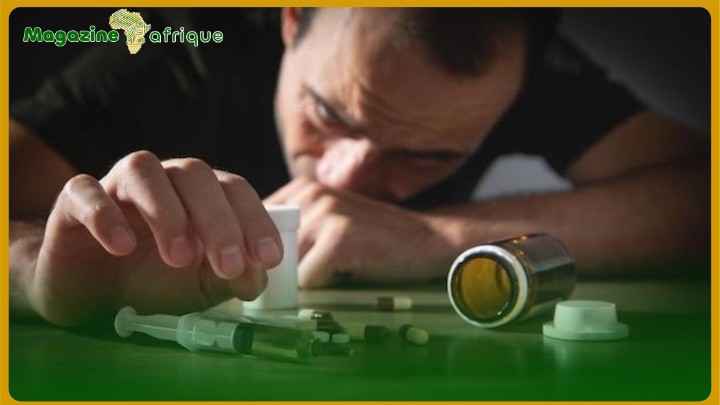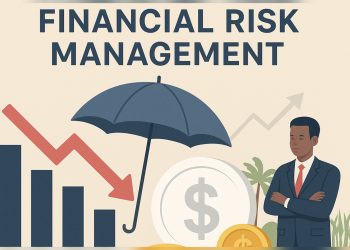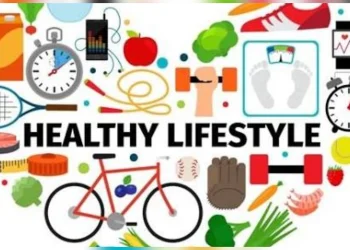Introduction
Drug addiction is a challenging battle that affects individuals and their loved ones.
However, with the right strategies and support, it is possible to break free from the grip of drug addiction and embark on a journey of recovery.
In this blog post, we will provide you with a comprehensive guide to overcoming drug addiction, offering practical advice and insights to help you or your loved one on the path to recovery.
Read on to discover effective strategies and resources that can support your journey to a drug-free life.
Understanding Drug Addiction
Drug addiction is a complex and multifaceted issue that involves both physical and psychological aspects. It is characterized by a compulsive need for drugs despite negative consequences. Understanding the nature of addiction is crucial for effective recovery.
Recognizing the Need for Help
The first step towards overcoming drug addiction is acknowledging the need for help. It can be challenging to confront the reality of addiction, but accepting the problem is essential to initiate the recovery process. Look for signs and symptoms of drug addiction and be honest with yourself or your loved one.
Treatment Options for Drug Addiction
There are various treatment options available for drug addiction, including detoxification, inpatient and outpatient programs, therapy, and counseling. Detoxification helps rid the body of drugs, while treatment programs and counseling address the underlying issues associated with addiction.
Have an Accountability Partner
Building a strong support system is crucial for recovery. Seek support from understanding family and friends who can offer encouragement and accountability. Additionally, consider joining support groups or seeking professional help from therapists and counselors specializing in addiction.
Developing Coping Mechanisms
Identifying Triggers and High-Risk Situations
Triggers and high-risk situations can lead to relapse. Identify the people, places, and emotions that trigger drug cravings and develop strategies to avoid or manage them effectively. Learning to recognize and navigate these triggers is essential for long-term recovery.
Healthy Lifestyle Changes
Engaging in a healthy lifestyle can significantly support your recovery journey. Focus on maintaining a balanced diet, exercising regularly, and getting sufficient sleep. These lifestyle changes contribute to physical and mental well-being, reducing the likelihood of relapse.
Addressing Underlying Issues
Drug addiction often coexists with underlying emotional or mental health issues. It is crucial to address these issues through therapy and counseling. Seeking professional help can provide valuable insights into the root causes of addiction and equip you with effective coping mechanisms.
Relapse Prevention
Understanding Relapse
Relapse is a common part of the recovery process, but it doesn’t signify failure. Understand that setbacks happen, and what matters is how you respond to them. View relapse as an opportunity for growth and learning, rather than a reason to give up.
Building a Relapse Prevention Plan
Develop a relapse prevention plan that includes identifying personal triggers and warning signs. Learn and practice healthy coping mechanisms to manage cravings and high-risk situations effectively. Regularly seek ongoing support from your support network and professionals to maintain long-term sobriety.
Conclusion
Overcoming drug addiction requires determination, support, and a comprehensive approach. By understanding addiction, seeking help, building a supportive network, developing coping mechanisms, and having a relapse prevention plan, you can break free from the chains of drug addiction and reclaim your life. Remember, recovery is a journey, and with the right strategies and support, a drug-free life is within reach.
Click here to read on the easy ways to incorporate exercise daily





